Advertisement
American And British Countrysides — They're No Picnics
Has any other writer besides Jayne Anne Phillips been blurbed by both Stephen King and Colm Tóibín? There they are, strange blurbfellows, on the back of the cover of her latest, “Quiet Dell.” And right below them, talking about Phillips's earlier “Lark and Termite,” is Nobel Prize winner Alice Munro.
And there is a duality in “Quiet Dell,” which she’ll be reading from Dec. 12 at the Harvard Book Store. She describes everyday lives with exquisite detail in “Quiet Dell,” the story of the investigation into a serial killer more frightening in his seeming banality than anyone I’ve met in King’s world. The juxtaposition between the normal and abnormal is extraordinary in this fictionalized account of the very real West Virginia bluebeard, Harry Powers.
The best mysteries aren’t really crime stories at all, as you can see in Jayne Anne Phillips's “Quiet Dell” and Morag Joss's equally compelling page-turner, “Our Picnics in the Sun.”
The best mysteries aren’t really crime stories at all, at least in terms of genuflecting to any genre rules. That’s true in “Quiet Dell” and it’s equally true of another strangely compelling page-turner, “Our Picnics in the Sun,” by the superb writer, Morag Joss.
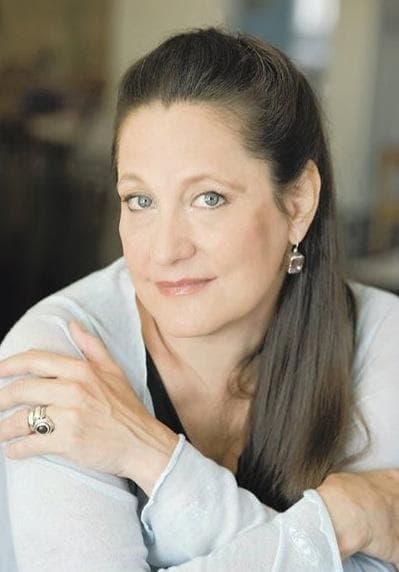
Phillips is not a crime writer and sometimes it takes an outsider to throw the rules to the wind. Specifically, the crime genre has been fascinated with flawed cops and human criminals for decades now. Where is the dividing line? Is there a dividing line?
Phillips has none of that, at least in this book. Her characters here are good or evil, never the twain shall meet. Those good folks may make bad decisions, but that doesn’t detract from their victimization, that they weren’t prepared for the kind of evil that they would encounter. This may sound boring, but in Phillips’ hands it’s refreshing.
The novel starts out in an almost Rockwellian setting. A widow and her three children are waiting to celebrate with her mother’s suitor, an exceptionally nice, if dull, fellow. As we learn more about her it turns out that she really has the hots for another man she only knows by mail who seems too good to be true.
Advertisement
And you know what they say about things that seem too good to be true. In case you don’t know of the 1931 Harry Powers case in West Virginia I won’t go into detail, but dogged detectives and a female reporter are determined to get to the bottom of the case.
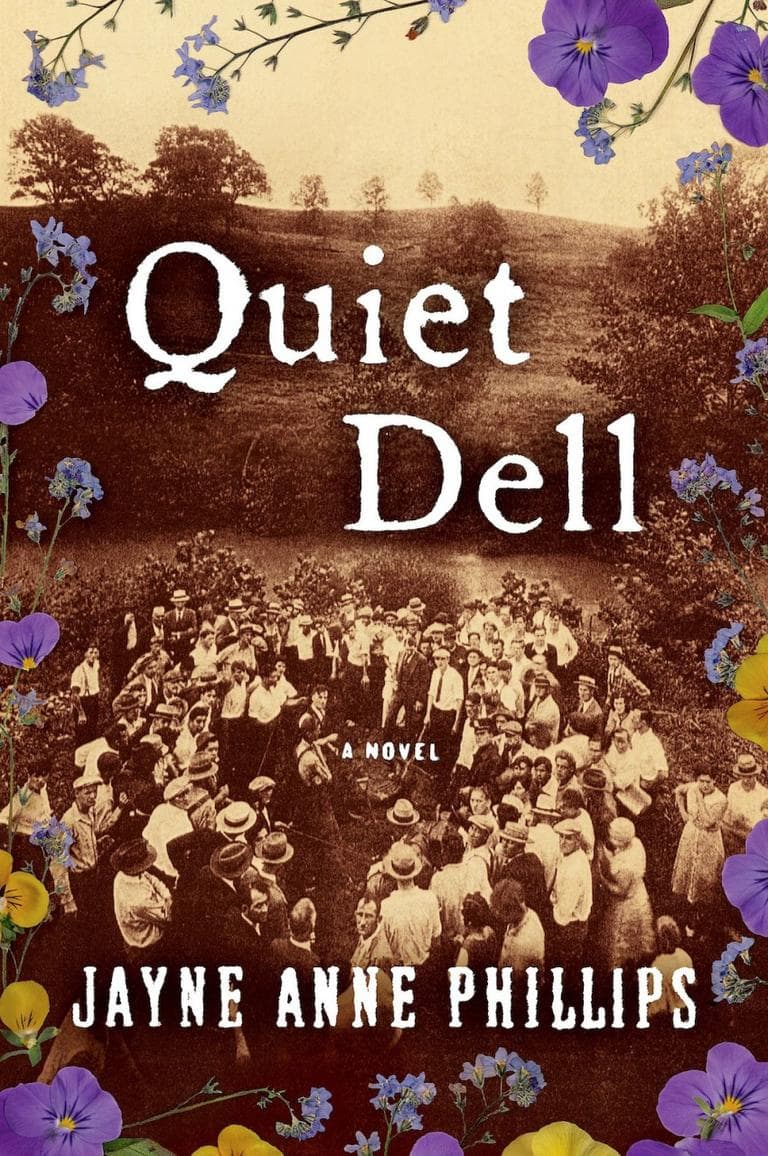
They also seem too good to be true in our morally gray times, but Phillips makes them seem both convincing and captivating without turning this into a “Law & Order” miniseries. The writing in “Quiet Dell” is sophisticated and precise as she bores into her characters’ inner lives, particularly the hopes and dreams of her female characters. There’s a quiet poetry in “Quiet Dell” despite the lack of flowery prose. No wonder Munro likes her so much.
Here's Phillips talking about it, though be warned that she does give details away that you might want to find out for yourself:
Despite the tone that can be mournful at times — how could it not be, given the subject matter — “Quiet Dell” is really a search for grace in dark times, or as Emily, the reporter says:
“My grandfather used to say that grace is God’s mystery, and the mystery of grace is that it can never come too late. But what is grace, William? How is sin conquered, when it has tortured and killed?”
And that is the compelling mystery of “Quiet Dell.”
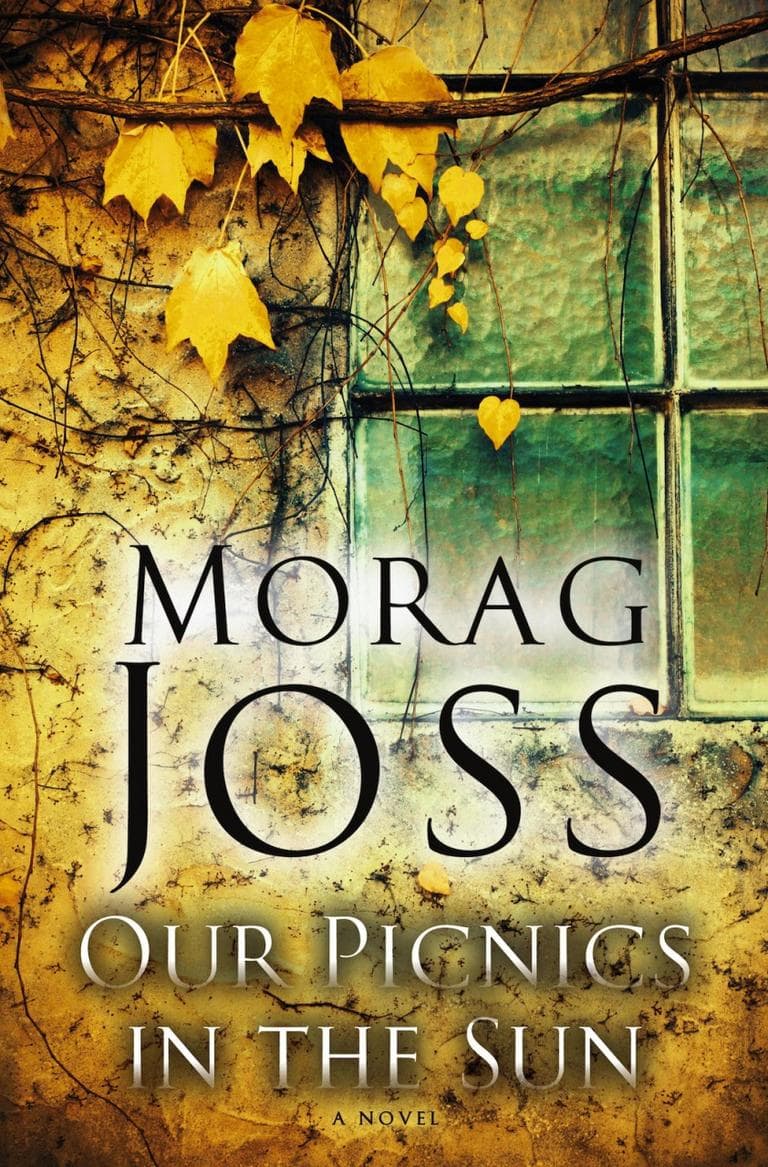
Scottish author Morag Joss did begin literary life as a mystery writer with three books centered on a Bath classical cellist involved with a police detective. She followed that with four books that almost defy classification, though the first of them, “Half Broken Things” could have been written by the greatest living mystery writer, Ruth Rendell.
Three people whose lives have taken near-disastrous turns find themselves, in "Half Broken Things," living in a grand country house and do increasingly illegal things to perpetuate their fantastic (in more ways than one) new life together.
In the books since then, as I said in a review of "Among the Missing," the greatest mystery is if a crime will be committed at all. Like Rendell, she’s more interested in the psychological framing of her characters than in creating and then solving crimes. Munro and William Trevor are more her literary heroes than Agatha Christie or P.D. James.
“Our Picnics in the Sun” is her gutsiest book yet as there seemingly isn’t a likable character in it. In that regard it’s the opposite of “Quiet Dell.” Howard and Deborah Morgan have made a total hash of their lives. Their neo-hippie ways in youth have left them on a farm together approaching loveless older age trying to live off the land and their meager talents at pottery and weaving. “By then our mediocrity was an entrenched and settled thing, our attempts at self-sufficiency a doomed round of chores.” Howard’s debilitating stroke lowers the bar even further.
Deborah does hold out hope, though, for an annual visit from their son at his birthday where they go for, yes, their picnics in the sun. He has thrown off his parents’ anti-consumer ways to pursue money and material things. It’s obvious he wants as little to do with them as possible. (It’s amusing, though, how he changes his attitude when his mother stops emailing him.)
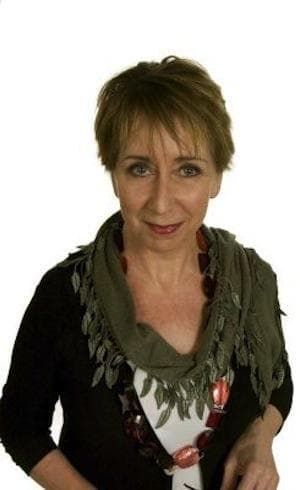
So why in the world would we want to spend any time with these three characters, or three other less than savory people who show up later? This would seem to be another world entirely from that of Jayne Anne Phillips, particularly when Joss says in an interview, “I hope to create an expectation that nearly every character in the novel will turn out to be complex, and most motivations impure.”
Yet it turns out to be every bit as much of a pageturner, and a search for grace, as “Quiet Dell.” Much of that is due to Joss’s artful writing — the psychological depth of her characters, the description of the English countryside and the trust that one has in her, given the richness of her previous books.
For all their strange ways Joss never gives up on the family and neither do we. There is not only her insight into what got them there — Joss and Phillips are both masters of the flashback — but beautiful prose that hints at the possibility of a way out:
“Rendered mute himself, Howard thought about speech a great deal: his earlier waste of it, the words he’d squandered talking about God knows what, and all the words of Deborah’s he’d missed because he’d been so busy listening to himself … He recalled conversations from the past and yearned to conduct them again, to do them better.”
The arrival of Theo, a young man — devil or angel? — provides the menace that’s lurking in all of Joss’s books, but it’s not the menace that one comes away with. It’s Joss’s ability to make that menace as poetic and profound as Phillips makes the events in her book. Even more so. Theo turns out to be one of Joss’s more remarkable characters. I’ve been re-reading parts of the book and I’m agape at what Joss pulls off here.
These are two books that not only transcend their genres, they’re just plain transcendent.
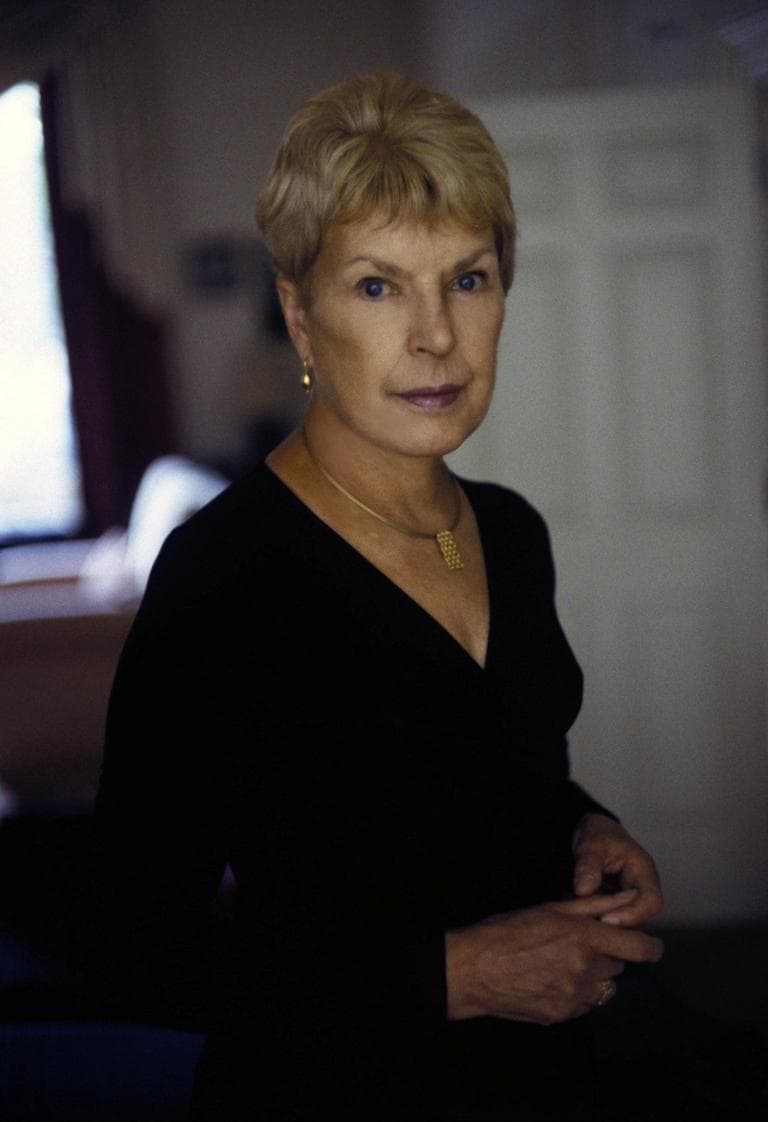
Joss first came to my attention when a friend said, “Since you like Ruth Rendell you’ll love ‘Half Broken Things.’ ” So let’s not forget that Rendell also has a new book out, “No Man’s Nightingale,” the latest in the Inspector Wexford series.
These are not nearly as discomforting as her stand-alones, but she brings the same elegance and sophistication to Wexford’s Sussex as she does to the rest of her work. Wexford is now retired, but you can’t keep a good man down even if his joints are creaky.
Rendell, 83, and Wexford are both senior citizens now and there’s a more relaxed air about how they go about their business, even if other characters in her books aren't so relaxed about multicultural England. The murder of an East Asian female vicar is the starting point to “No Man’s Nightingale” and Rendell makes the new cultural and religious landscape part of the mystery, along with her entertaining view of class warfare, English style.
If the mystery itself is less remarkable than those in Wexford’s and Rendell’s earlier days, it’s still a pleasure to share a glass of New Zealand wine in their good company.
This program aired on December 11, 2013. The audio for this program is not available.

